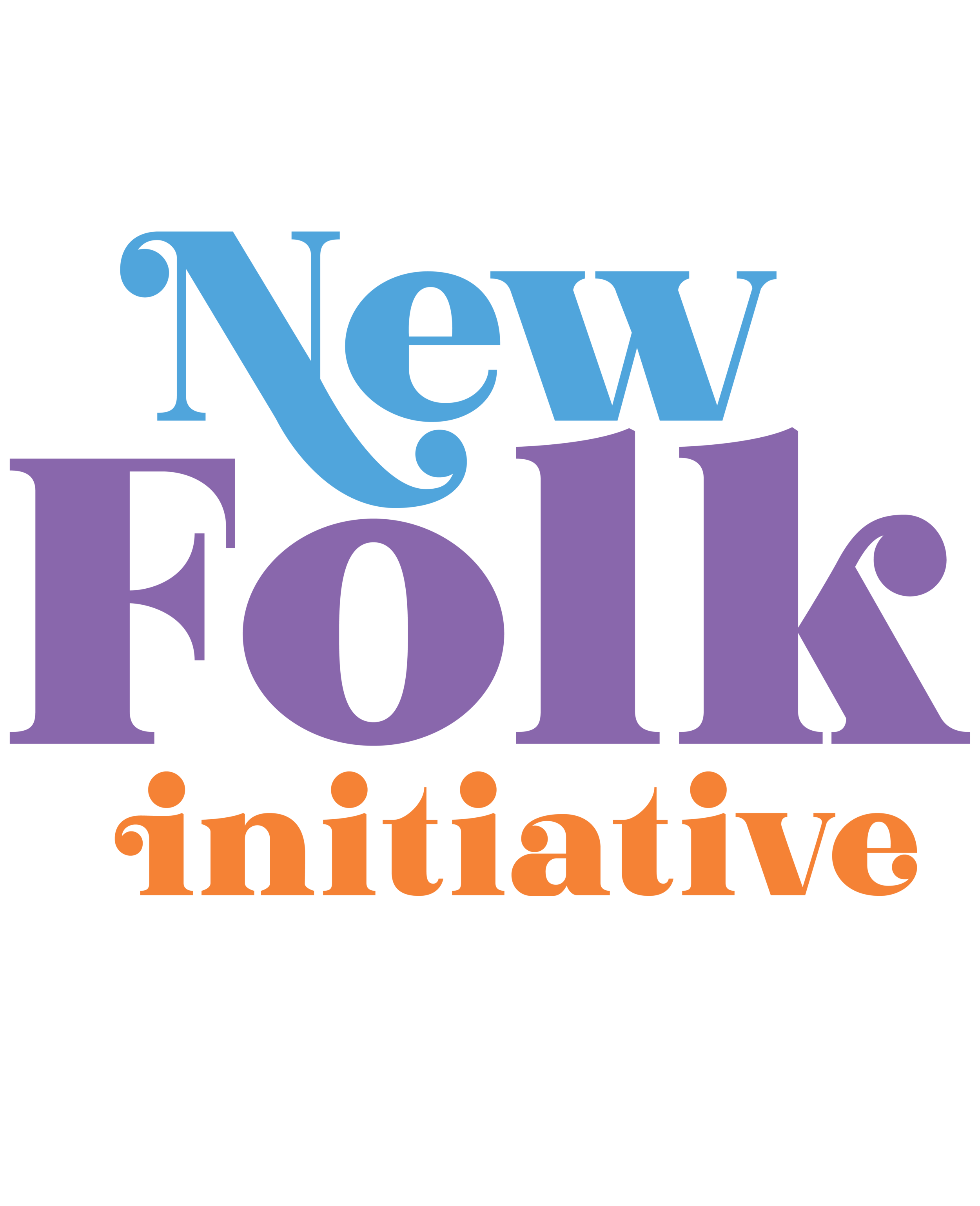Spotlight Album Review: Martyn Joseph "Days of Decision: A Tribute to Phil Ochs"
Almost 44 years after his death, the music of Phil Ochs remains as resonant as ever. Chalk it up to politicized times, but also great melodies and empathy for the human condition. The Phil Ochs Song Nights organized by his sister, Sonny Ochs, have brought together stellar singers such as Greg Greenway, Reggie Harris, Joe Jencks, Tom Prasada-Rao, and Pat Wictor for in-the-round performances. Many of them have recorded Phil’s songs on their albums. In 1997 Pat released an entire album, This Absolutely Real: Visions and Versions of Phil Ochs, which, except for “There But Fortune,” consisted of timely, but obscure selections. Now add Days of Decision: A Tribute to Phil Ochs by Martyn Joseph to the catalogue. It’s this month’s Sunday Supper Spotlight album.
Welsh singer-songwriter Martyn Joseph has long been drawn to American singers and songwriters with passion and a political point of view. He’s cited Paul Robeson as a major inspiration, and he released a whole album of Bruce Springsteen songs, Tires Rushing By. So it’s not surprising that he found a kinship with Phil Ochs. However, he’d never heard of him until 1993; 20 years after that he met Sonny Ochs, who brought him into the Phil fold and encouraged him to record Phil’s music.
There are a few classics on Days of Decision: the archetypal protest song, “I Ain’t Marching Anymore,” but also more contemplative tunes “There But for Fortune,” “Changes,” and “When I’m Gone,” which speak of Phil’s more personal side. One of my favorites, “Flower Lady,” originally had lush orchestration on Phil’s Pleasure of the Harbor album. Here, like all the selections, it’s stripped down to Martyn’s solo performance, in this case including guitar and piano.
Martyn writes on the inside booklet, “What is most striking to me is how poignant and vital his words remain in our present time.” In the title track, “Days of Decision,” he sings, “You can’t stand around when then ice is growing thin.” “Knock On the Door” (also recorded by Pat Wictor) is a parable that warns of the danger of silent accommodation to any totalitarian regime (of which there are plenty right now).
Some of the songs have specific people in mind: “William Worthy” (an African-American journalist who ran afoul of the government for traveling to China and Cuba), “Lou Marsh” (a priest who was killed trying to break up a street fight in New York City), “That Was My President” (reflecting Phil’s grief over the assassination of JFK, something he also covered in the epic “Crucifixion”). That’s part of the ‘60s folk tradition which Ochs shared with Bob Dylan, but in some ways his songs are less polemical and more humane than Dylan’s of that era.
Marty’s full-bodied voice serves the lyrics well. The posthumous tune, “Song of My Returning,” which concludes the album is Phil’s call to action to himself: “Now young and unafraid/I’ve got to challenge every challenge that I know of.” It was tragic that Phil’s suicide prevented him from doing that, but Martyn, in his music and his humanitarian foundation, Let Yourself Trust, carries on that spirit.
